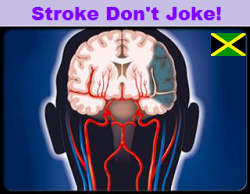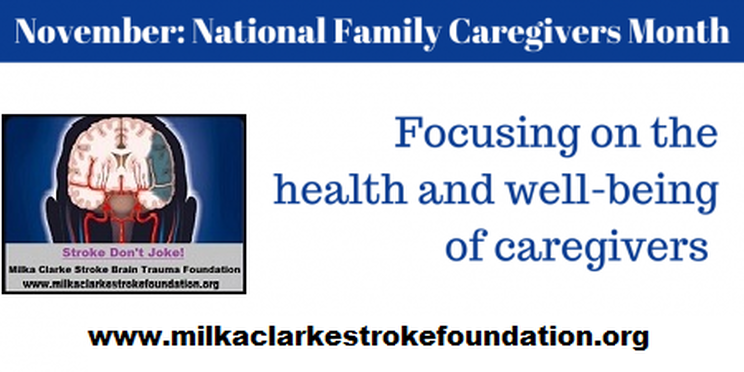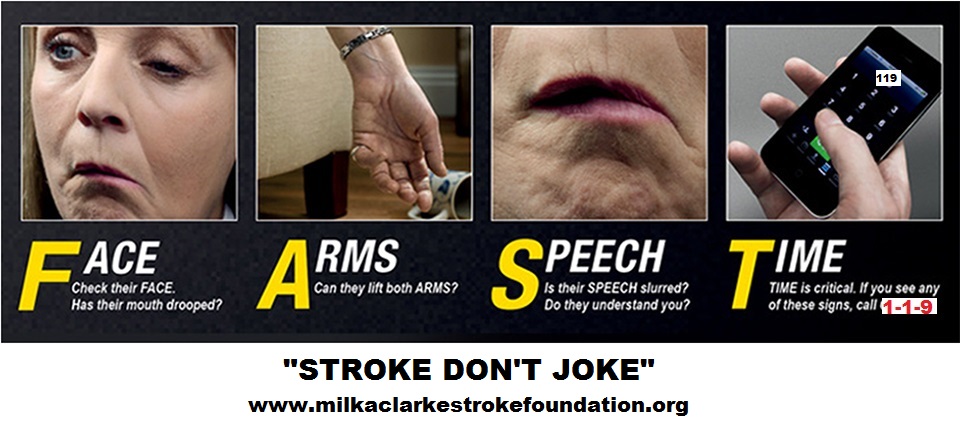- RESPITE CARE SERVICES
Take Time to Take Care of Yourself
What is Respite Care?
Respite care is short-term care provided to an ill, injured, or disabled individual which provides a break for his or her regular caregiver. Some caregivers utilize informal respite care by asking family and friends for help. Milka Clarke Stroke Brain Trauma plans to offer professional respite care to caregivers as well. Respite care can be provided in the home by hiring trained home health aides. It can also be provided in a nursing home facility or a Community Living Center.
Millions of people worldwide take care of family members with disabilities and/or chronic illnesses at home. Here in Jamaica the norm is to keep sick and aging family members at home and care for them as long as they need. That is the Jamaican way, especially for those who have no resources to do otherwise.
Approximately 60 percent of caregivers report being employed during their time as a caregiver — 56 percent of those caregivers report working an average of 36 hours per week. Yet surprisingly, 82 percent of caregivers report that they have not received any respite care services.
Caregivers need a break at times, so they can remain healthy. Milka Clarke Stroke Brain Trauma Foundation has a plan to offer respite care for caregivers who need a break of a few days or even a few weeks.
While many families take great pride in caring for their loved ones at home, the physical, emotional and financial consequences can be overwhelming.
A recent survey found:
Respite care provides short-term, temporary nursing care in a home-like setting to family members you typically care for.
You receive the peace of mind that comes from knowing your family members are being cared for 24 hours a day by a dedicated staff of medical professionals. And research has shown that providing respite care can have a positive effect on the health of the caregiver.
What is Respite Care?
Respite care is short-term care provided to an ill, injured, or disabled individual which provides a break for his or her regular caregiver. Some caregivers utilize informal respite care by asking family and friends for help. Milka Clarke Stroke Brain Trauma plans to offer professional respite care to caregivers as well. Respite care can be provided in the home by hiring trained home health aides. It can also be provided in a nursing home facility or a Community Living Center.
Millions of people worldwide take care of family members with disabilities and/or chronic illnesses at home. Here in Jamaica the norm is to keep sick and aging family members at home and care for them as long as they need. That is the Jamaican way, especially for those who have no resources to do otherwise.
Approximately 60 percent of caregivers report being employed during their time as a caregiver — 56 percent of those caregivers report working an average of 36 hours per week. Yet surprisingly, 82 percent of caregivers report that they have not received any respite care services.
Caregivers need a break at times, so they can remain healthy. Milka Clarke Stroke Brain Trauma Foundation has a plan to offer respite care for caregivers who need a break of a few days or even a few weeks.
While many families take great pride in caring for their loved ones at home, the physical, emotional and financial consequences can be overwhelming.
A recent survey found:
- caregivers are more likely to report health issues, chronic conditions or a disability than non-caregivers
- caregivers who report stress-related issues are more likely to die sooner than non-caregivers
Respite care provides short-term, temporary nursing care in a home-like setting to family members you typically care for.
You receive the peace of mind that comes from knowing your family members are being cared for 24 hours a day by a dedicated staff of medical professionals. And research has shown that providing respite care can have a positive effect on the health of the caregiver.
Respite care allows caregivers time to take a
break and take care of themselves.
break and take care of themselves.
Eligible Stroke Survivors who require the support of a family caregiver may be eligible to receive 14 days of respite care per year. Another service provided to stroke brain trauma that can offer a break to caregivers is Adult Day Health Care, a day program that stroke brain trauma survivors can attend to get out of the home and socialize while still receiving the supervision and care they need.
Why Use Respite Care?
Respite care is an important resource for caregivers. It allows caregivers time to take a break and take care of themselves. Some caregivers choose to use respite so that they can attend their own medical appointments or accomplish other necessary tasks.
It is important, however, for caregivers to remember that respite can and should be used to take a break and do something enjoyable.
It can be easy for caregivers to forget they need to take care of themselves, too. By prioritizing their own health and wellness, caregivers will have the capacity to provide the best care.
Our Respite Care Program would include:
How Can Caregivers Get Help?
Respite care and other caregiver support services can be accessed in a number of ways at Milka Clarke stroke Brain Trauma Foundation. Caregivers can contact their local caregiver support coordinator for assistance with connecting to these services. Find out more information on the Caregiver Support Program and locate your caregiver support coordinator online.
Why Use Respite Care?
Respite care is an important resource for caregivers. It allows caregivers time to take a break and take care of themselves. Some caregivers choose to use respite so that they can attend their own medical appointments or accomplish other necessary tasks.
It is important, however, for caregivers to remember that respite can and should be used to take a break and do something enjoyable.
It can be easy for caregivers to forget they need to take care of themselves, too. By prioritizing their own health and wellness, caregivers will have the capacity to provide the best care.
Our Respite Care Program would include:
- an individualized daily exercise program,
- social and recreational activities
- physical, occupational and speech-language therapies, as needed
- balanced, therapeutic meals, snacks and diet education
- activities that include arts and crafts, live entertainment and day trips
- Chaplain services
How Can Caregivers Get Help?
Respite care and other caregiver support services can be accessed in a number of ways at Milka Clarke stroke Brain Trauma Foundation. Caregivers can contact their local caregiver support coordinator for assistance with connecting to these services. Find out more information on the Caregiver Support Program and locate your caregiver support coordinator online.










